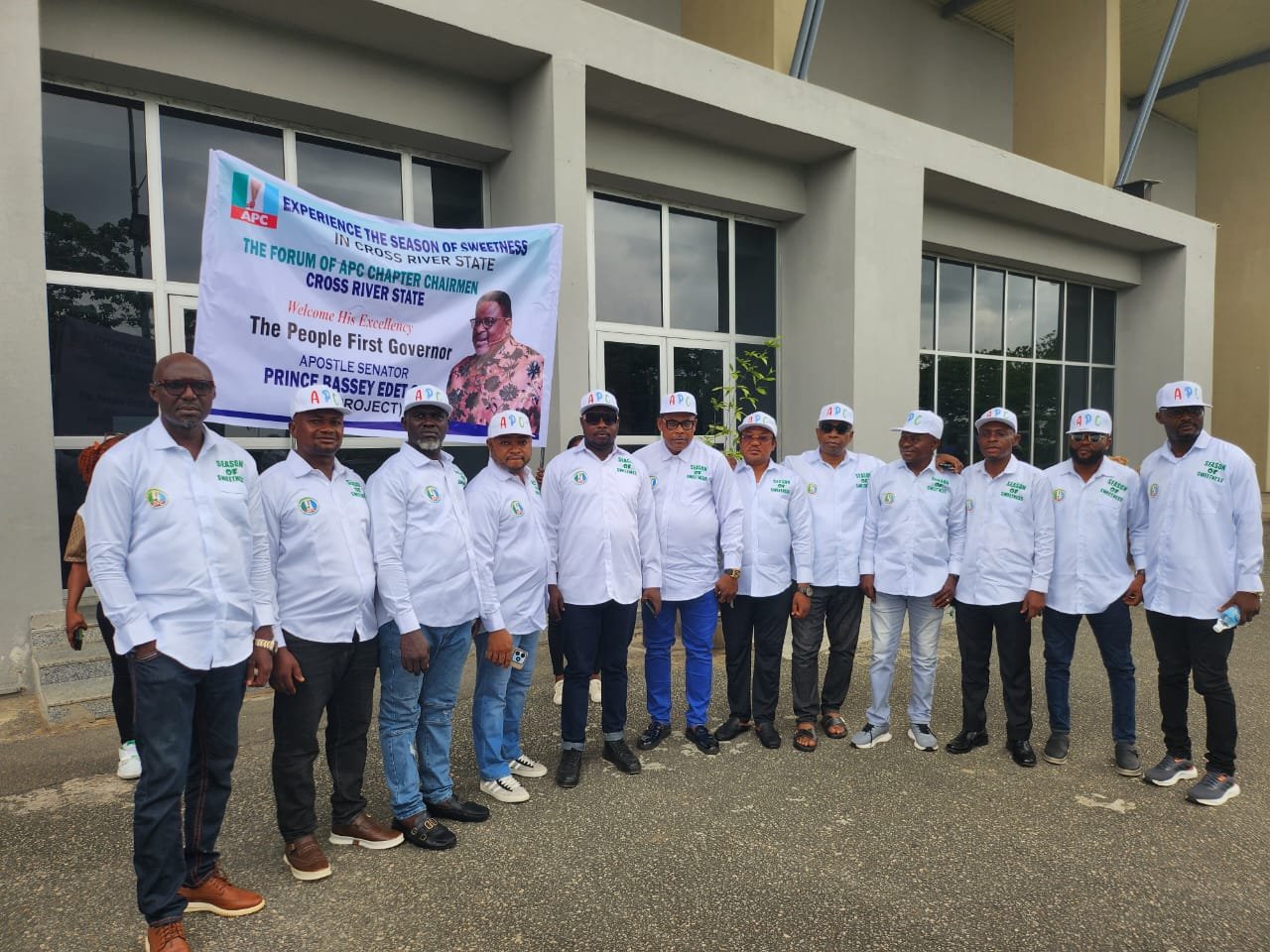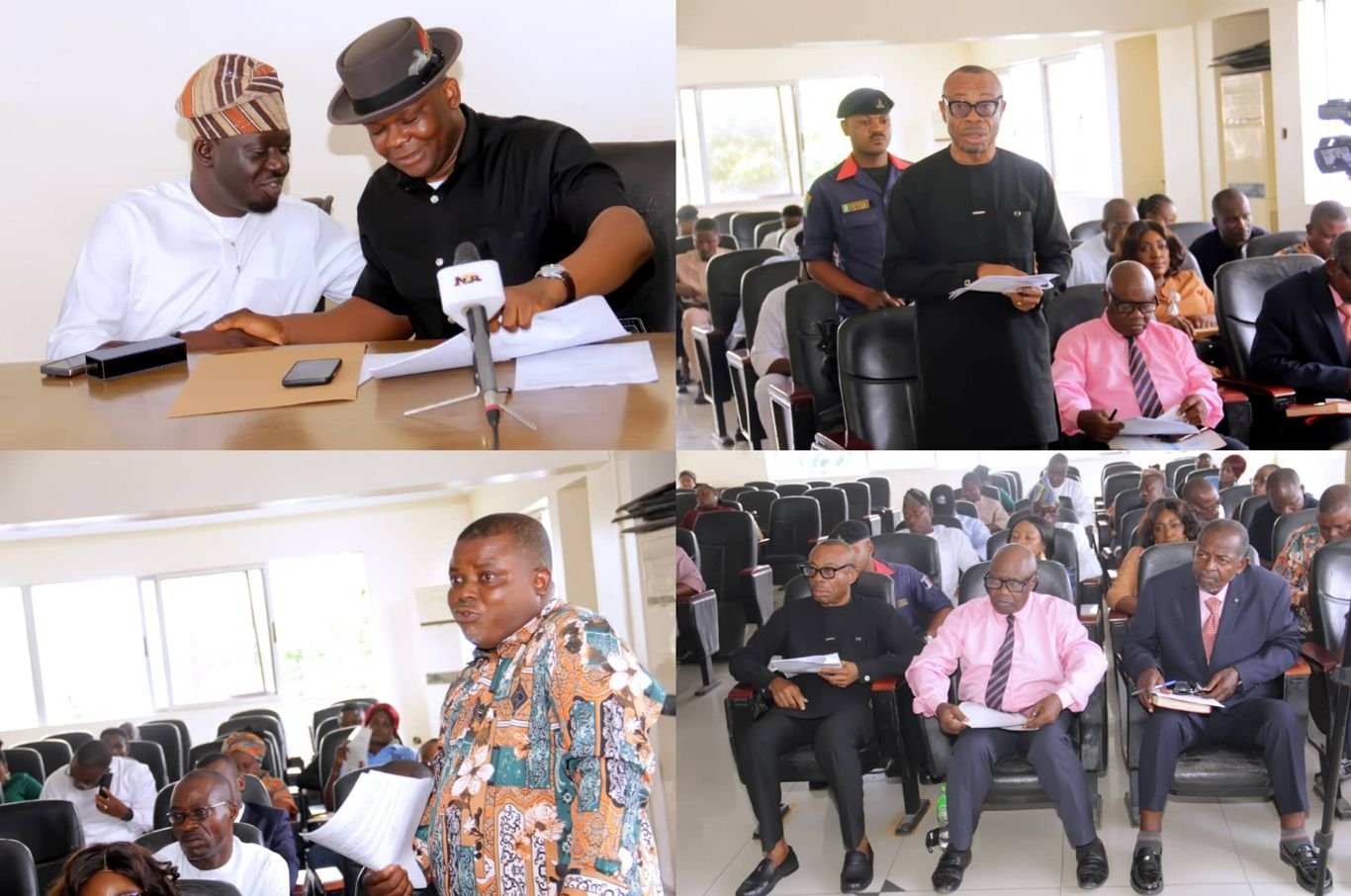CALABAR – The Chief Executive Officer and Chairman of the Cross River State Green Economic Commission, Hon. Oden Ewa, has called on the Federal Government and the National Council on Climate Change to expedite work on Nigeria’s carbon market policy framework. He noted that the absence of this critical policy has hindered the development of the carbon market and discouraged investments in the sector.
Ewa, who also serves as the State Commissioner for Special Duties and Intergovernmental Relations, made the call during his keynote address at the Hybrid Stakeholders Town Hall Meeting on Mangrove Restoration, Conservation, and Protection held in Calabar on Tuesday. Themed “Applying Nature-Based Climate Solutions,” the meeting gathered stakeholders to discuss strategies for sustainable environmental development.
The commissioner commended Governor Bassey Otu for his commitment to environmental conservation and his proactive steps, including the establishment of the Green Economic Commission, to position Cross River as a leader in unlocking the potential of the carbon market.
Highlighting Cross River’s environmental strides, Ewa stated, “For decades, Cross River State has led environmental conservation in Nigeria. Today, with over 53,000 hectares of degraded mangroves awaiting restoration, we are engaging investors and partners to unlock opportunities in carbon investment.”
He cited the commitment achieved at COP28 between the National Council on Climate Change, the Federal Government, and investment partners such as aDryada, a French firm, and Noblesse Green Energy, its Nigerian counterpart, to advance mangrove restoration in the state.
However, he expressed concerns that progress has been stunted due to the lack of a carbon market policy framework. “One major challenge is the absence of a Carbon Market Framework, a crucial policy tool that would provide clear guidelines for sub-national governments like Cross River State and our investors to fully engage in the carbon market,” Ewa lamented.
He warned that without the framework, Nigeria risks missing out on the rapidly growing global carbon market, which could unlock substantial financial investments needed for large-scale mangrove restoration and other green projects.
Ewa urged the Federal Government to act swiftly, stating, “Time is of the essence. The global carbon market is expanding rapidly, and Nigeria must position itself strategically to harness the benefits of its natural capital. We appeal for an accelerated finalisation of the Carbon Market Framework to ensure clarity, stability, and investor confidence in this sector.”
The commissioner also stressed the critical role of mangroves in climate solutions, saying, “Mangroves are vital to carbon sequestration, biodiversity conservation, and the livelihoods of millions. They serve as carbon sinks, shield coastlines from erosion, and provide critical habitats for marine life while supporting livelihoods through fisheries, tourism, and sustainable enterprises.”
Ewa reaffirmed Cross River State’s readiness to take the lead in nature-based climate solutions, noting the state’s rich biodiversity, including the Cross River rainforest and extensive mangrove ecosystems.
He called for collaboration among all stakeholders, emphasising that, “A thriving carbon economy is within reach, but we must act with urgency and unity to establish the right policies and execution strategies. Through enhanced cooperation and a shared vision, Nigeria can emerge as a leader in carbon investment on the African continent.”
The meeting concluded with a renewed commitment to advancing mangrove restoration and strengthening intergovernmental collaboration to unlock the value of nature-based climate solutions.




